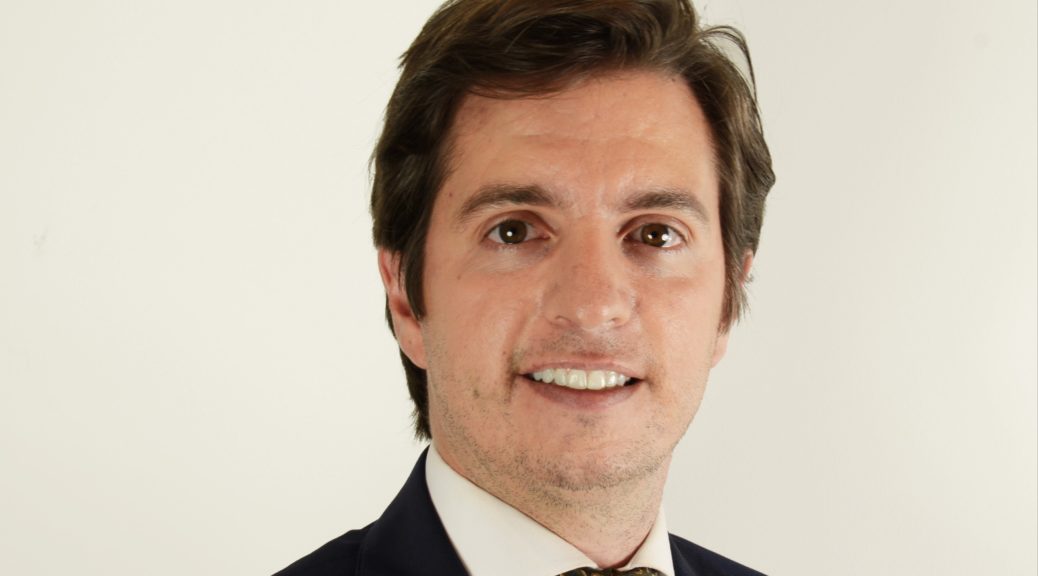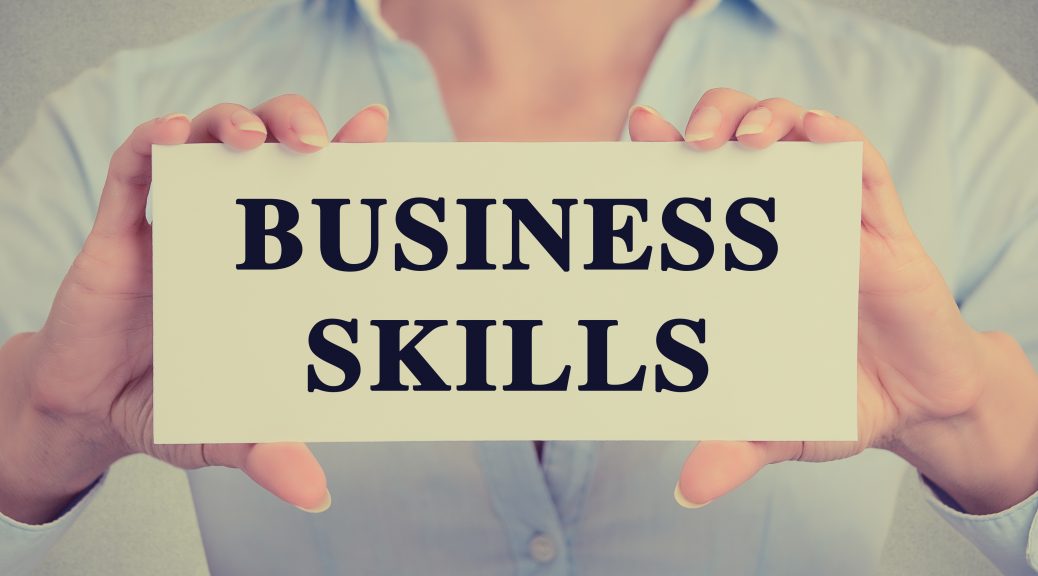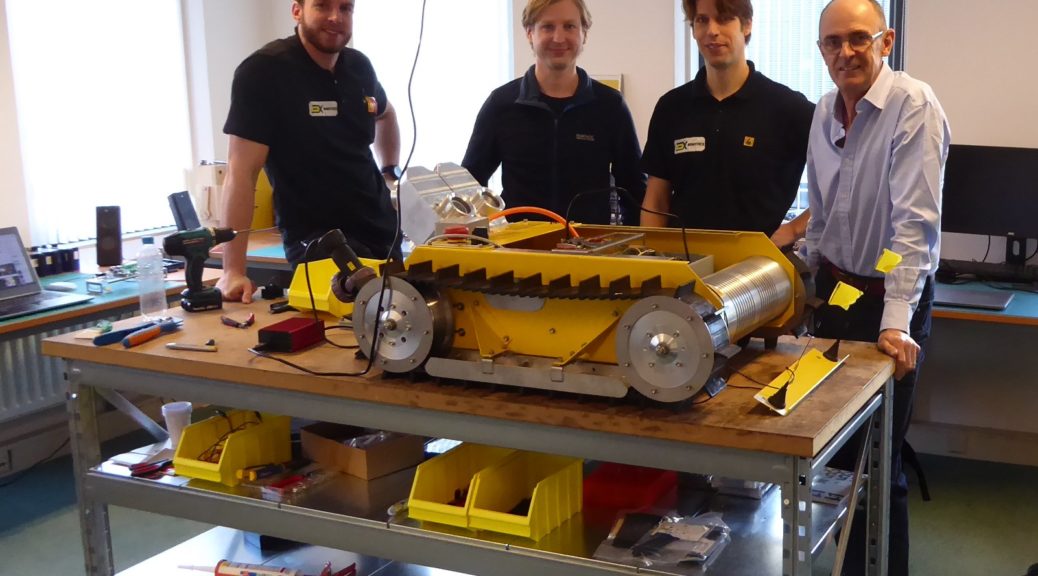
Thirty years ago, engineer, Ian Peerless (pictured far right) was one of the first cohort of Sainsbury Management Fellows (SMFs) to join Lord Sainsbury in celebrating their graduation from leading international business schools. Each of the eight engineers had received a £30,000 award to assist with the cost of their MBA study from the newly established SMF Scholarship scheme. They would go on to become business leaders in major corporations, utilising both business and engineering skills to solve problems.
Today, there are 365 SMFs, ambitious engineers who collectively have been awarded £9 million in scholarships to enable them to acquire business skills that help UK businesses succeed.
Thirty years on, SMF Ian Peerless is at the cutting edge of technology and leading a dynamic business, ExRobotics, which specialises in developing rugged robots for harsh, hazardous or remote operations. More on this venture later, first, we delve into Ian’s past to see how his leap of faith into an engineering career has enabled him to work for major brands like Shell, travel the world working as a petroleum engineering consultant, to setting up several businesses. We also look at the role the SMF scholarship played in broadening his career options.
It’s no secret that the UK is acutely short of engineers and institutions and government are working hard to encourage more young people to study STEM subjects, in the hope that they choose associated careers. In Ian’s school days this push to increase STEM numbers and to produce more engineers was not prevalent so Ian had vision when he opted for engineering.
He explained, “Like many teenagers I didn’t know what engineering was. However, someone said that engineers are good at maths and physics, I liked making things, and I was compelled to understand how things work. When my Headmaster asked, ‘what do you want to do?’ I said the only thing that came into my head, engineering. I’ve never regretted that shot in the dark. It suits my personality and abilities in a way that I could never have understood at the time.”
The Engineering Journey
Ian’s route to an engineering career began at the University of Southampton, where he graduated with a First in Civil Engineering, but despite this achievement, he knew that working on concrete and steel structures was not his passion. Instead, he spent a year with the car manufacturer British Leyland in a mechanical engineering role. “I worked with some great people and learned a lot about industrial relations, but I wasn’t being stretched enough. In the meantime, the hydrocarbon industry in the North Sea was booming and I was keen to work in that sector.
A one-year Petroleum Engineering Masters at Heriot-Watt University opened the door and shortly after graduating, I secured a position at Shell,” Ian explained. The next five years were exciting and rewarding, with everything moving at a fast pace and Ian was highly regarded amongst his colleagues.
Many talented young engineers reach a ‘crunch point’ in their careers, where they have to decide whether to continue on their current trajectory and work their way through the ranks of their company or do something new – Ian was no exception. Ambitious and adventurous, he decided to shake things up for himself by becoming an independent Petroleum Engineering Consultant, a role he undertook for three years. He said, “My Shell CV was in demand, so I was fully occupied with a range of companies in Madagascar, Norway and the UK. One of my highlights was completing the subsurface design of the Ivanhoe Rob Roy field – the most advanced subsea development at that time.”
Ian had always been curious about business management and at this stage in his career he was pondering how to make a transition from a pure engineering job to management within his areas of expertise. He knew an MBA could help, but how to achieve this? Then he spotted an advertisement for the SMF Scholarship and went through the extensive application and interview process successfully. He was awarded a £30,000 scholarship. “There were so many MBA courses to choose from, I knew that to stand out with future employers, I needed to take one of the best. The SMF process and the scholarship made it possible for me to attend IMD in Switzerland,” said Ian.
MBA helps to Secure Top Management Role at British Steel
The MBA gave Ian the business knowledge and credibility he needed to move into a senior management role. He took up his first management role in 1989 at British Steel. Ian takes up the story:
“It was a great opportunity to fulfil the SMF challenge to get more business leaders with engineering expertise into industrial companies to help UK industry be more successful, a strategy both I and SMF would like to see embraced more readily and broadly.
“I gained a wealth of management experience at British Steel. I worked in Business Development, Sales, Operations, and finished as the number two in the Business Strategy department reporting to the main board. I introduced new products, led major M&A teams and implemented Business Process Re-engineering. I was responsible for £200m annual sales and turned around a failing assembly facility.
“I had a challenging and stimulating career at British Steel, but after 15 years, it was time for a new adventure because the company was experiencing challenges that made it difficult to influence key decisions, so I left to start my own business.
“After two years of experimentation, several former Shell colleagues suggested I return to the company and I joined an internal Shell consultancy group as a sub-contractor. My international life resumed, and I travelled the world, advising, coaching and facilitating leadership teams mainly on project management and contract strategy. The Shell processes I used during this time were a valuable top-up of my MBA knowledge.
“After several years, that team was disbanded but four of us set up an independent consultancy, IPKA. We continued to perform a similar role but with different oil and gas companies. One job was particularly memorable – we spent 18 months in South Africa writing a complete set of business processes from scratch. This was a great opportunity to document what I had learned over 35 years and to structure clearly in my own mind how businesses work.
Developing Robots that Reduce Risk to Operators
“Towards the end of that project in 2010, I took on a Shell contract to develop an oilfield robot; little did I know then that this was the precursor to me developing my own robotics business. I gained extensive knowledge of this specialist robotic niche whilst working with Shell and felt that, if I worked with the right team, I could establish a business with a strong competitive advantage. Also, I have experience of all elements of the business: I know the markets, have manufactured and sold industrial products, set up my own companies, and I had already established a network of parts suppliers.
“This was an opportunity to realise another work ambition and it comes at a stage in my career where I can use all my experience to create a company that’s effective and efficient and that all stakeholders enjoy working with.
“ExRobotics was launched three years ago and is addressing the problem of oil and gas operators being sent unnecessarily into hazardous, harsh, and remote locations. Our robots can be permanently stationed at those locations, removing people from harm’s way as well as cutting costs and reducing lost production. The obstacle to robots playing this role is that they must be designed and certified to work in these tough environments. It takes years to do this, thus our competitive advantage. ExRobotics is an exciting emerging business and we are working hard developing the market and product, which could transform how this work is currently done.”
Combined Engineering & Business Skills Makes a Difference
Asked how the combination of engineering and business skills helped him build a diverse and exciting career, Ian said, “I don’t think you can make good business decisions if you don’t understand your products/processes, their applications, your customers’ activities, and your competitors’ products and processes. You have to take all of this technical information and use your business/people skills to adapt your business to succeed. This is how engineering leaders create wealth.
“An Engineering education teaches you a structured analytical approach to life. The MBA complements that by teaching you, amongst other things, how to trust your intuitive ‘right brain’. This allows you to bring many more perspectives to tackling business challenges. The MBA course uses case studies that cram years of experience into a few months. It works; when I come across new challenges, I have flashbacks to the cases I studied in Lausanne. Of course, those flashbacks now also include situations I’ve experienced in my post-MBA career.
“The MBA gave me skills that I still intuitively use in my day-to-day work. In particular, the ability to understand a business, its markets, its competitive position, and to turn that into an action plan for success. Also, the MBA made me understand that individuals are different and if you combine their strengths and generate a motivated team, wonderful things can happen.
“The MBA not only changed the direction of my career it also changed my industry. The combination of my life before the MBA (technical) has been combined with my life after the MBA (management) to create ExRobotics. This would not have been possible without either of those ingredients.
“Importantly, the SMF ethos and network have reinforced my beliefs so that I’ve stayed with engineering and management even when other options were on offer.”
Supporting the Next Generation of Engineers
Ian is also delivering on another SMF tenet; helping to develop the careers of young engineers. Through SMF, the Royal Academy of Engineering’s Leadership events and privately, he has mentored highly motivated, intelligent and ambitious young engineers. He said, “Working with young people is always a joy. One of the main areas they grapple with is how to gain recognition for their achievements, stand out from their peers and get that prized job.”
Support for young engineers carries through into ExRobotics; the company recently recruited four young engineers, three straight from education. “We try to give them as much responsibility as we can, as Shell did for me. It’s great to see them rising to the challenges and learning from their mistakes. Even some of the older members of the team seem to learn from my experience. At the moment, this is one of the most rewarding things about ExRobotics,” said Ian.
Thinking about the next generation who want to be engineers, we asked Ian for any advice he would like to share based on his experience. His top tips are:
- “Stick with engineering; don’t be lured into finance or business services. Engineers can enjoy hugely varied careers and their work generates tangible benefits. If you’re not enjoying what you’re doing, change your job but not your vocation.
- “If you want to add management to your engineering career, consider an MBA. You will vastly accelerate your learning and you’ll be exposed to a broad range of people that will make you think and challenge your preconceptions.
- “Don’t underestimate the importance of engineers. The industry may not seem as fashionable as the media or the city, but who cares? Engineers have a major role to play in solving the world’s intractable problems.”
Ian concluded, “Careers and life have a lot to do with timing. Sometimes you can push as hard as you can, but nothing happens. Sometimes you pick the right moment and the future unfolds. Now, when new challenges are thrown at me or I’m boarding yet another flight, I’m surprised that I still have the energy to maintain this style of life in my 60s! Deep down I feel a sense of satisfaction. Life is a journey and I don’t find short cuts as intellectually and emotionally rewarding as hard work and resilience. The trick is to have a clear goal, and then do whatever is needed to achieve it no matter how long it takes.”
The SMF MBA Scholarship
If you are a professional engineer considering an MBA as one of the stepping-stones towards a business leadership career, visit our MBA scholarship application page, you could become one of our successful awardees – today the individual scholarship is £50,000.






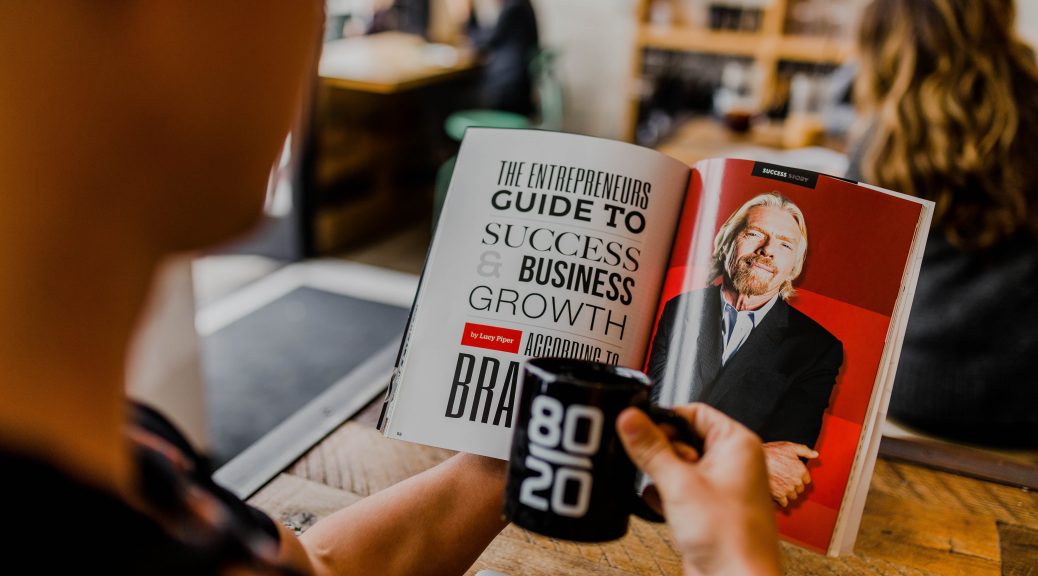
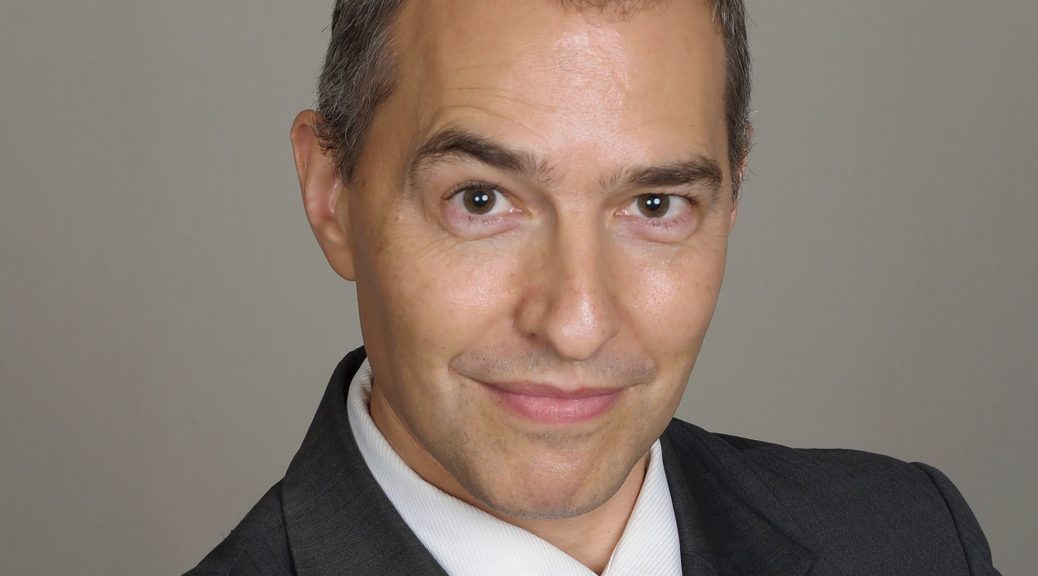

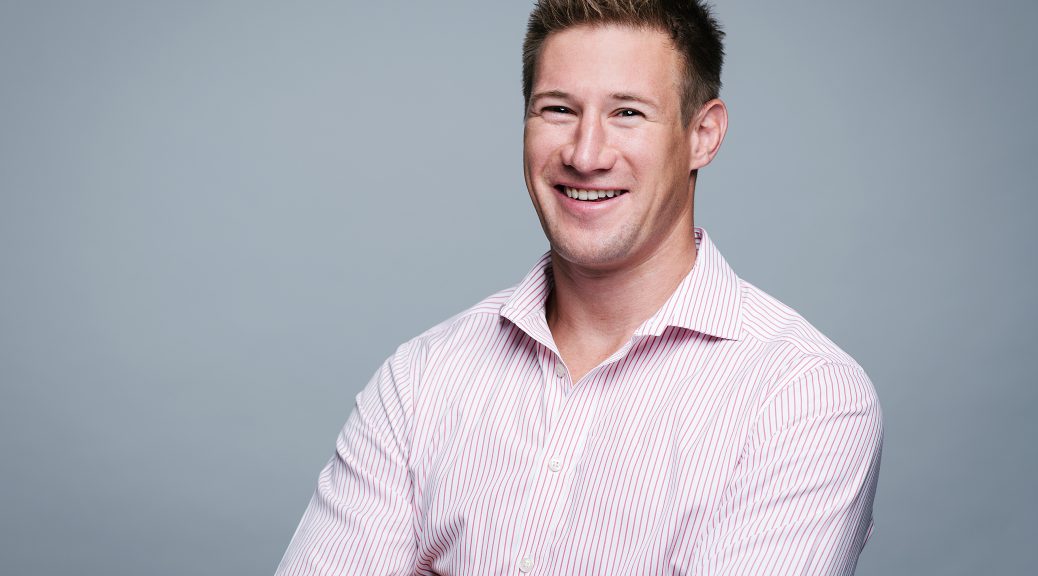




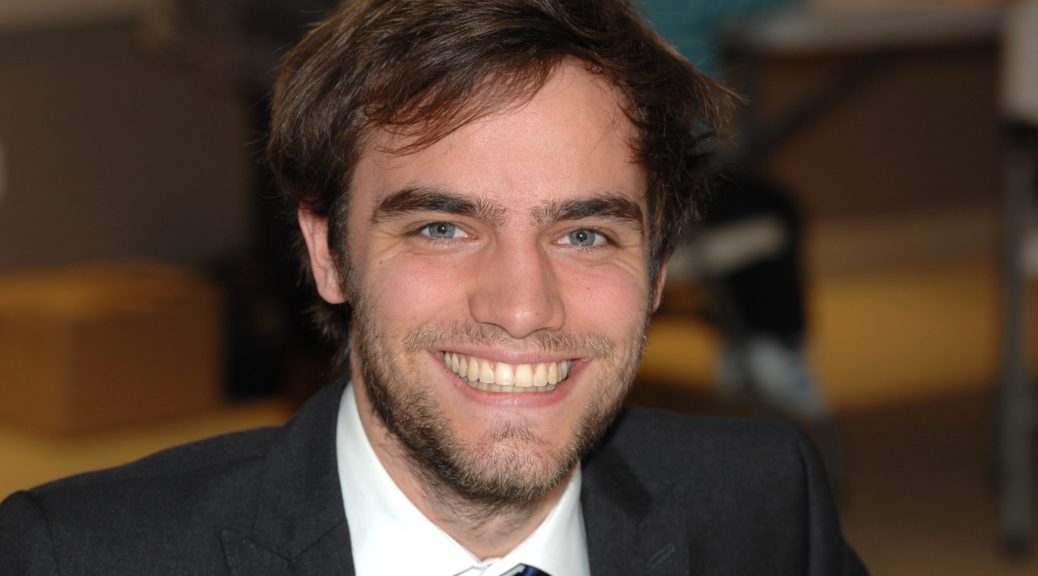

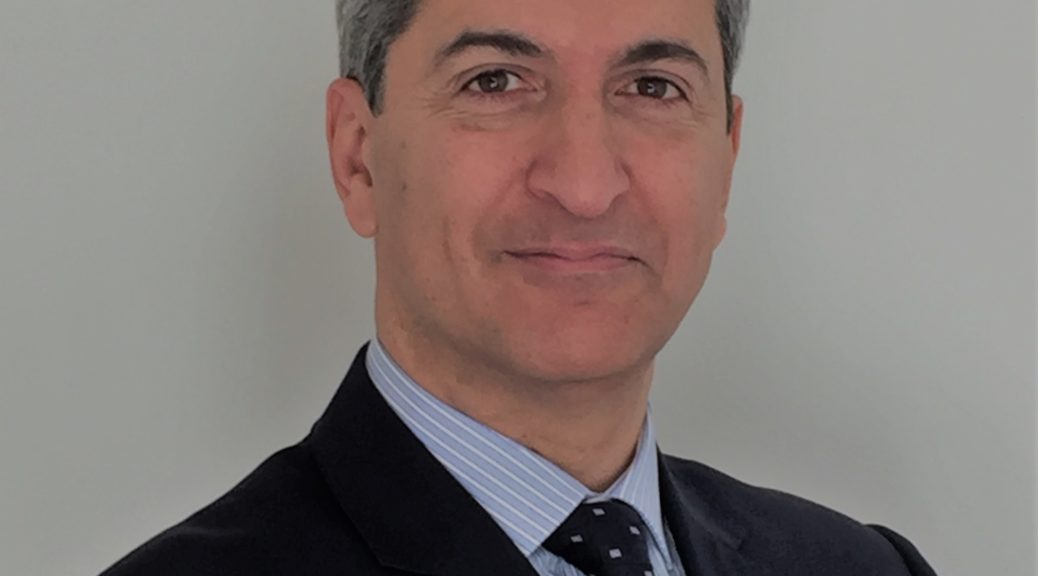
 Sainsbury Management Fellow, Perses Sethna- Director of Business Change Services at PRT Partners: Perses is a Chartered Engineer, Fellow of the Institution of Engineering & Technology, SMF and INSEAD MBA. He has held change leadership positions throughout his career at BT plc, Dixons Carphone Group and most recently his own business change consultancy PRT Partners Ltd.
Sainsbury Management Fellow, Perses Sethna- Director of Business Change Services at PRT Partners: Perses is a Chartered Engineer, Fellow of the Institution of Engineering & Technology, SMF and INSEAD MBA. He has held change leadership positions throughout his career at BT plc, Dixons Carphone Group and most recently his own business change consultancy PRT Partners Ltd.